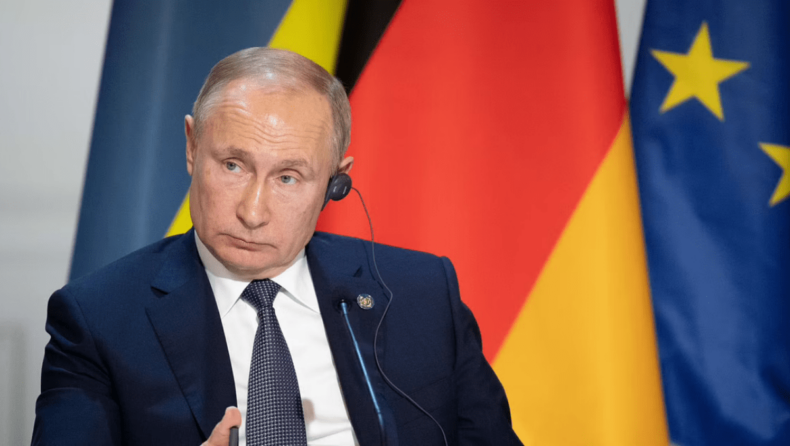According to Bloomberg, the conflict in Ukraine could devalue the global economy by $1 trillion and increase global inflation by 3% this year by causing another supply chain crisis, according to the National Institute for Economic and Social Research of the United Kingdom.
Sudden developments in eastern conflict could derail the global economy.
The possibility of a Russian military intervention in Ukraine has not only sent shivers down spines of the war-weary but it may have also struck fear into the heart of investors, who are already bracing for another economic slow-down.
The latest touchpoint on the map is Russia’s involvement in Crimea, which has caused international tension and raised fears that a full-blown war may break out between the two countries.
This event, experts warn, could mean further slumping stock prices and lower growth rates with an estimated impact on global GDP (gross domestic product) at $1 trillion dollars by 2022.
This is the same year that the International Monetary Fund (IMF) had predicted a rebound in global GDP growth to 3.6% from 2% in 2013.
But given recent events, economists are lowering their expectations for the world economy.
“The Ukraine-Russia crisis has reignited concerns about geopolitical tensions with economic consequences,”
Andreas Hatzigeorgiou, an analyst at Nordea Bank told Bloomberg. “This could reinforce already dovish central banks and push back even further the timing of monetary tightening.
According to the London-based study, supply issues will delay development and raise costs, lowering global gross domestic product by around 1% by 2024.
Europe is more vulnerable than any other region because of its ties to Russia and Ukraine, which are important commodities and energy suppliers.
It advised central banks to hike interest rates “slowly while they analyze the impact of the war on confidence and activity, as well as the strain on real incomes caused by energy.”
“The war in Ukraine adds to the economic strains already felt by Covid,”
stated NIESR director Jagjit Chadha.
“Supply networks will be further shattered, and monetary and fiscal policies will be scrutinized more closely.”
Supply problems will slow growth and drive up prices, reducing the level of global gross domestic product by about 1 percentage point by 2024, the London-based researcher said. Europe’s ties to Russia and Ukraine, which are major sources of commodities and energy, leave it more exposed than any other region.
According to NIESR, the war will require European governments to borrow more money to pay for an influx of migrants and to reinforce their forces. It urged central banks to raise interest rates
“only slowly while they assess the impact on confidence and activity of the war and its squeeze, through energy, on real incomes.”
“The conflict in Ukraine imposes further economic stress on a system stretched by Covid,” said Jagjit Chadha, director of NIESR.
“Supply chains will be further fractured, and monetary and fiscal policies put under a severe examination.”
Because the economic blow from sanctions will be “somewhat compensated by increased prices for gas and oil exports,” Russia will avoid a recession. By the end of 2024, however, GDP will be 2.6 percent lower than initially anticipated, with inflation reaching 20% due to the fall of the ruble.
According to the study, the blow to Russian GDP is only marginally worse than the eurozone and the United Kingdom, both of which will end 2024 with GDP levels roughly 1.5 percent below previous forecasts.
The cost of living crisis will worsen as GDP slows, according to NIESR. Inflation in the United Kingdom is expected to average 7% this year and fall to 4.4 percent in 2024.
The impact on Russia would be “serious” if sanctions were increased to cut off Russian natural gas and oil imports, but it would also increase “the possibilities of recession with much higher inflation” in the EU. Russia supplies the bloc with 40% of its gas.
Edited By: Kiran Maharana
Published By: Shramana Sengupta













